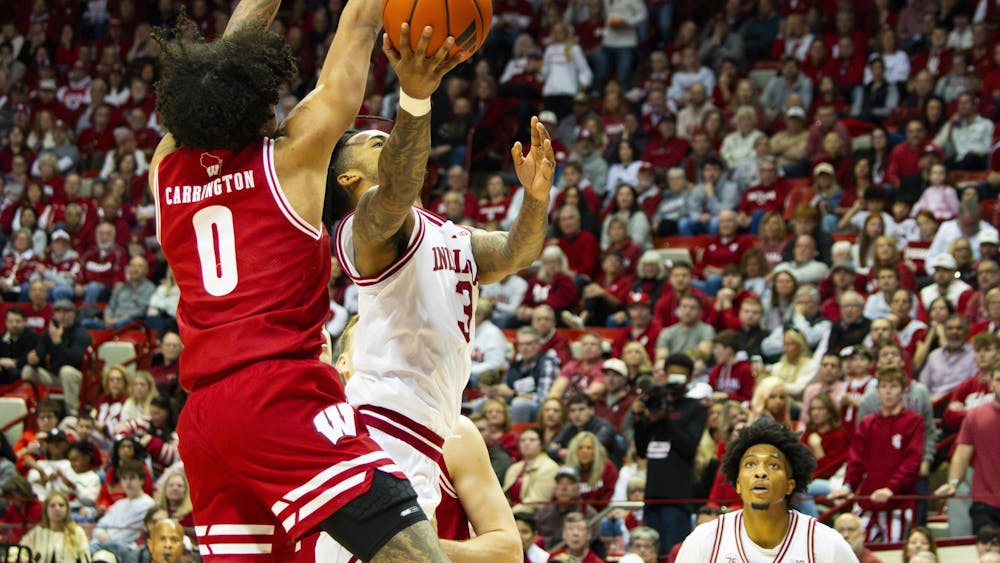Sociology professor Gary Stokley recalls when meeting the parents of his students at Louisiana Tech University was limited to a few handshakes at graduation.\nNow, to the dismay of Stokley and other academics, angry parents are introducing themselves much sooner to professors and departments heads as they complain about their children's grades.\nFaculty members also say moms and dads sometimes pressure officials to register students in mandatory courses that are filled to capacity and question the intent of classroom assignments.\n"They don't realize that sometimes they just have to let little Johnny stumble and make his own mistakes and learn from them," said Teresa Sherwood, assistant chair of the mathematics department at Western Washington University in Bellingham, Wash.\n"They just have a hard time letting go."\nCase in point: A parent last month asked a Western Washington instructor if her son could reschedule an exam because it conflicted with a planned family vacation, Sherwood said. The request was denied.\nStokley wants parents to feel comfortable contacting him, but said he drew the line recently when a mother wanted to tape record a discussion about her son.\nFormer high school science teacher Luann Wright said she wouldn't think of complaining to officials at the University of California at San Diego about her son's grades.\nBut when his writing course placed what she believed was undue emphasis on racial issues, Wright created a Web site that invites parents and students to report instances of political bias in the classroom.\n"I don't have a problem with controversial topics and I'm not coming at this from a religious or political viewpoint," she said. "I'm just saying if you're going to do this, do it from a balanced view."\nThe existence of the Web site, though, illustrates the expanding role of parents in higher education.\nFive years ago, parents rarely contacted Stokley. Today, he said, he hears from an average of four or five parents every term.\nAcademics have several theories on what's caused the spike in complaints.\nStokley calls it the logical progression for parents accustomed to directing their children's lives. Parents' attitude is "I've been involved with my kid in high school and I want to be involved with my kid in college," Stokley said.\nSusan Magun-Jackson, an associate professor of psychology at the University of Memphis, said that, from a clinical standpoint, the intervention is about control.\n"If, for example, they are authoritarian parents, they rule the roost and they want things to be the way they want them to be," she said. "So they bypass their kids."\nAli Zohoori said there's a link to rising college costs -- especially at private schools like Bradley University, where he serves as chair of the communications department.\nParents that pay Bradley nearly $22,000 per year in tuition, room, board and other fees, feel increasingly "entitled to be involved in the academic affairs of their children," Zohoori said.\nWright agreed. \n"I think parents are spending $30,000 or $40,000 a year and wondering if they're getting their money's worth," she said.\nWhat parents are not entitled to, they soon learn, is disclosure of a child's grade from a professor. Throughout higher education, privacy rules prohibit the faculty from discussing a specific grade with anyone but a student, even if that means withholding information from the people footing the bill.\n"I basically tell them I am not at liberty to discuss it with them," Magun-Jackson said. "It makes them angry and they hang up on me. But there is not a whole lot else I can do about it."\nStokley noted that privacy codes do not prevent professors from outlining what led to a sub-par grade. Parents tend to back down once they hear of laggard attendance and low test scores, he said.
Parents putting the pressure on university professors
Get stories like this in your inbox
Subscribe





